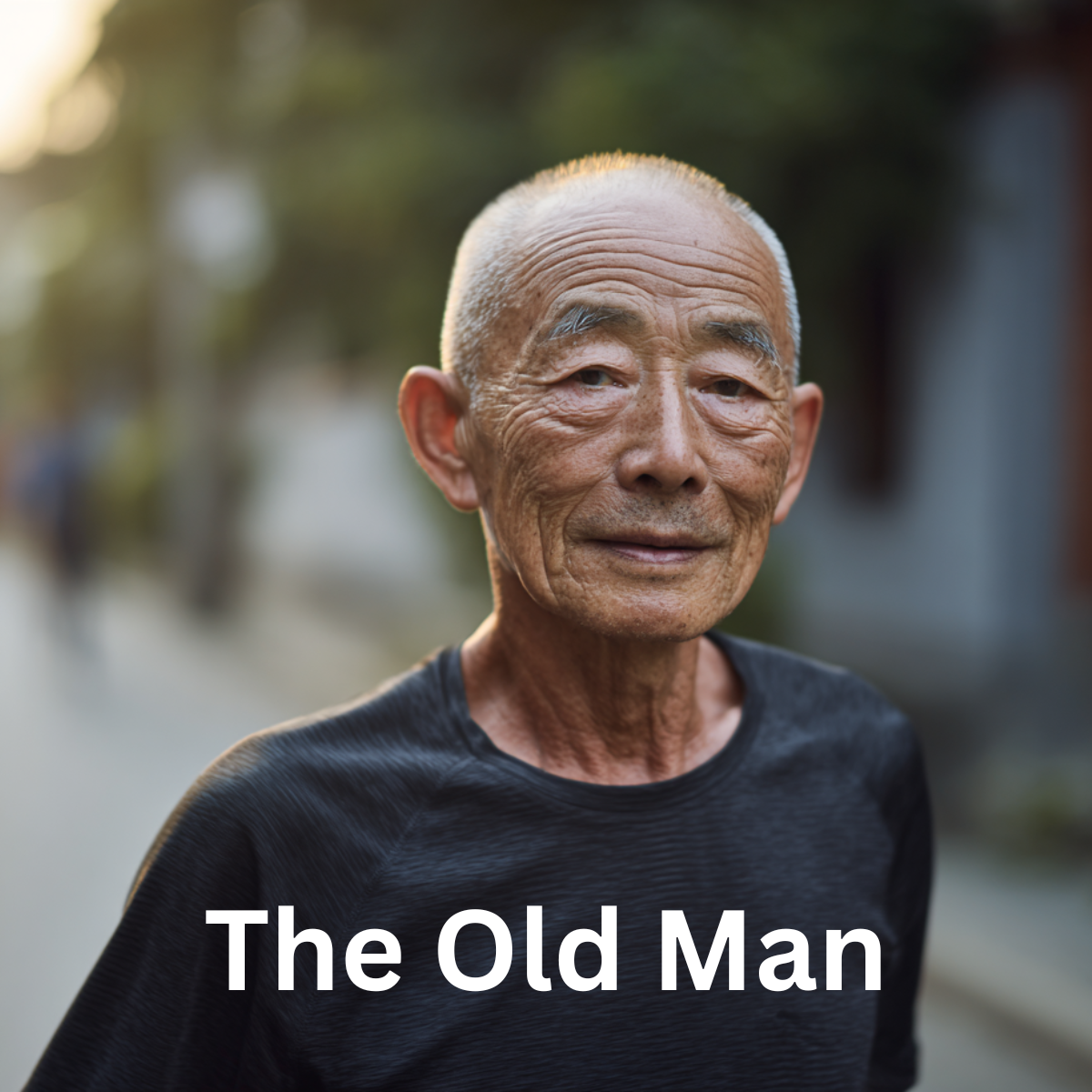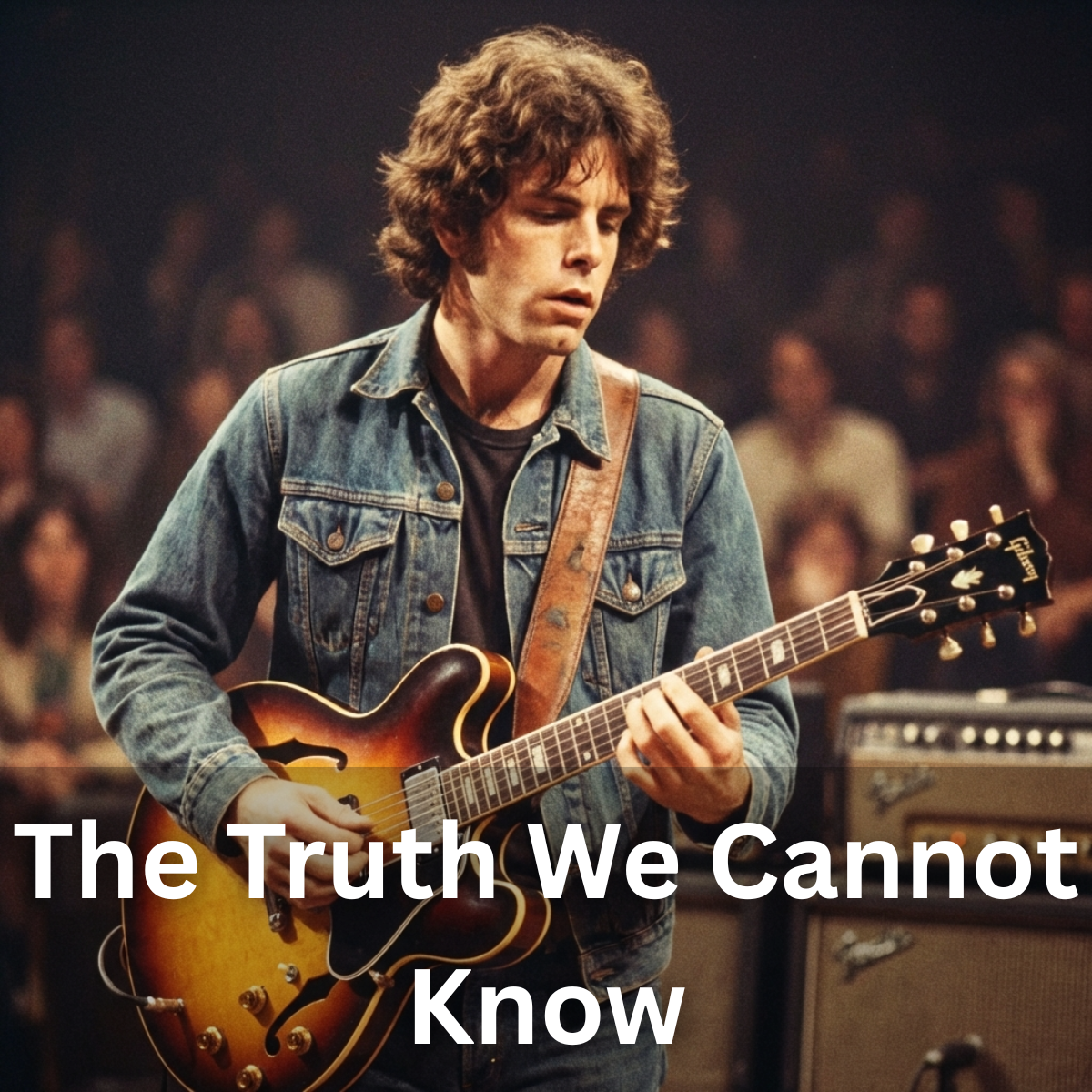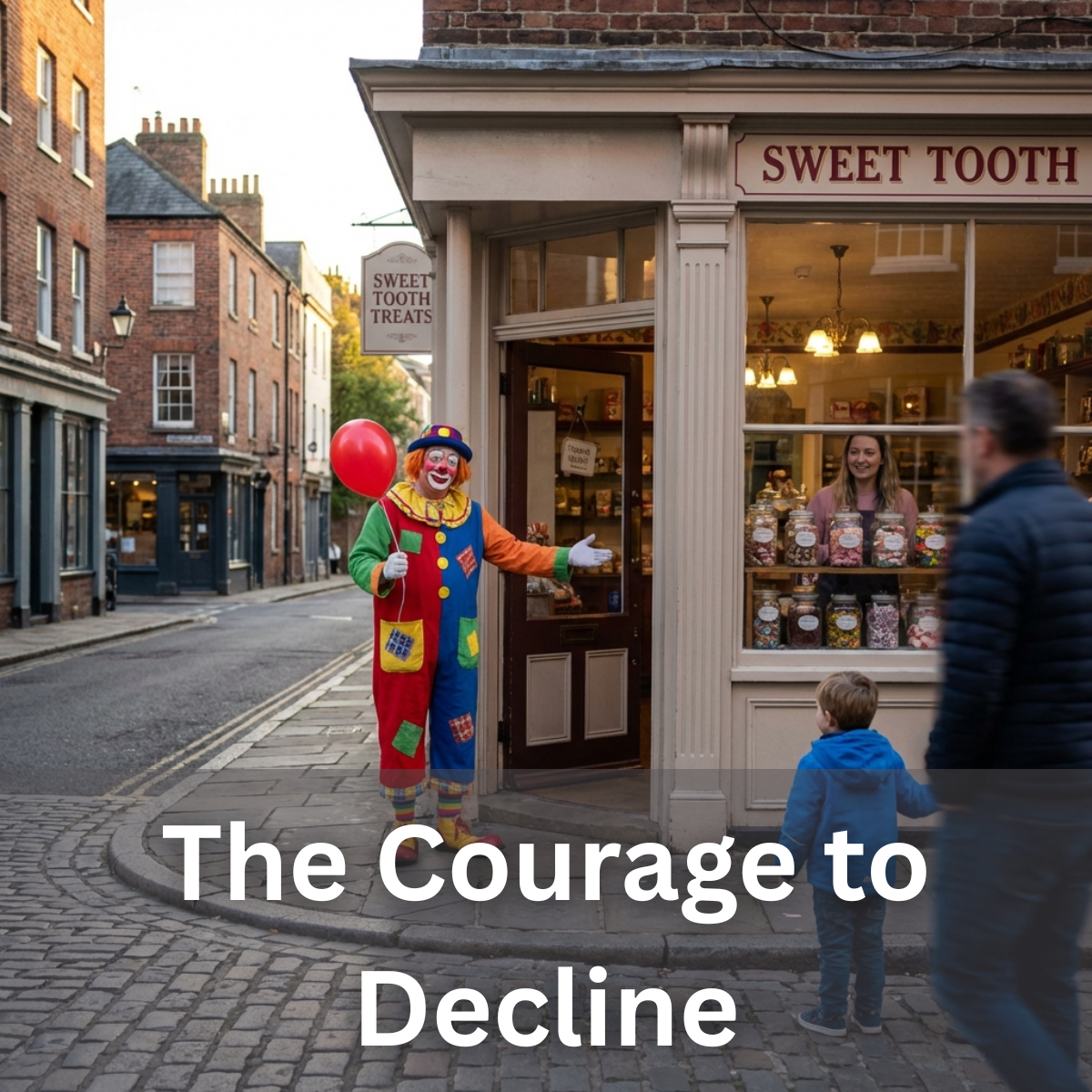Last night I found myself in one of those conversations that start with promise and end with fatigue. I was speaking with someone I respect. We both care about the topic. We were earnest. Yet with every attempt to explain and then re-explain what I meant, the ground seemed to move under our feet. We were not arguing in the loud sense. We were missing each other in the quiet sense. After a while we both knew it. We could not find a meaningful exchange because we held two different pictures of where the conversation ought to go. We both lacked context.
On the drive home I sat with that word. Context. I thought about how often we walk into moments bare, expecting clarity to meet us halfway. We think our words will carry their own meaning across the space between us. They rarely do. Words need neighbors. They need time and place. They need the long view that stretches beyond the moment.
When I revisited the conversation in my mind, I noticed three gaps. First, the simple one. The words and their neighbors. I was answering a question that the other person was not asking. They were speaking from a set of assumptions I did not hear until much later. That is the classic problem of language without its surrounding sentences. A phrase breaks from its paragraph and suddenly becomes something else. You can be precise, you can be careful, and you can still miss the shared center if you do not know what lives around the chosen words.
Second, the setting. The conversation took place near the end of a long day. The room was busy, and both of us were watching the clock. That matters more than we like to admit. The same exchange in a different setting might have felt generous and exploratory. In that room, at that hour, it felt hurried. A classroom invites questions. A chapel invites quiet. A kitchen at the end of the day invites brevity and short answers. Place shapes tone. Time shapes patience. We forget that at our peril.
Third, the long view. We each carried stories that had nothing to do with the evening itself. Years of experience, habits formed by success and failure, a sense of what has worked before. Culture and history leave fingerprints on our phrases. I judged the moment with the values of my present perspective. My friend drew from a different season of learning. Neither of us was wrong. We were simply looking through lenses ground by different pressures.
By the time I pulled into the driveway, the lesson had settled. Context is not decoration. It is the frame that holds the picture. When the frame is missing, I get stuck on a corner and believe I have seen the whole. When the frame returns, the image is not only larger, it is truer.
So I tried a small exercise. I asked myself three questions as if I could rewind the evening and insert them between our sentences. What are the exact words we are using, and what sits beside them. Where and when is this happening, and what does the setting ask of us. Over the longer arc, what forces and norms might be shaping each of our viewpoints. Even in review, those questions softened my conclusions. They drew me away from defensiveness and toward understanding.




